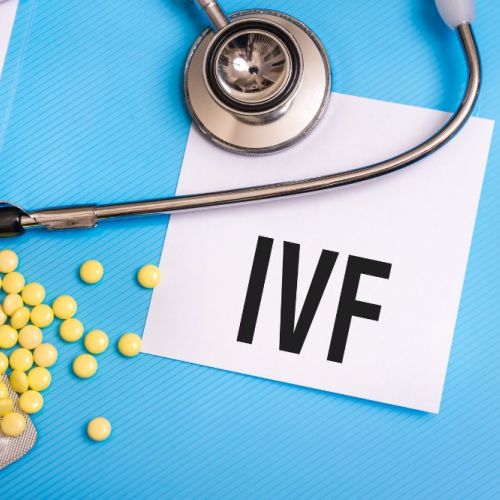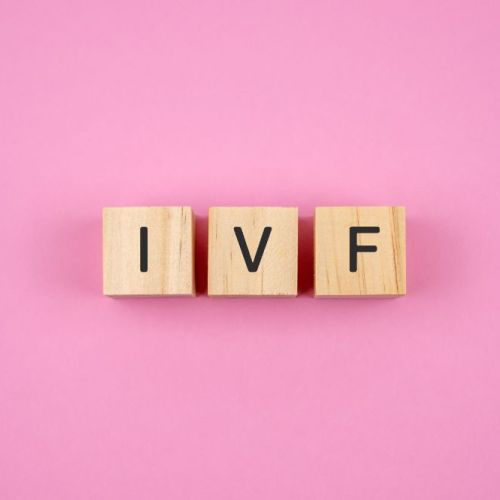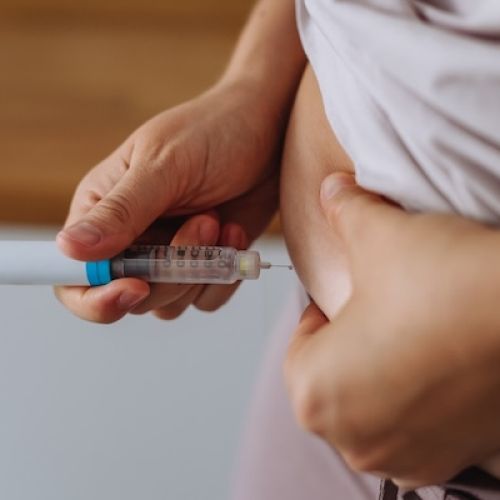Artificial Insemination Pros and Cons

Artificial insemination is one of the most common types of fertility treatment, and it’s one of the first types of fertility treatment your doctor may recommend if you have unexplained infertility. It may also be recommended for couples with male factor infertility which is related to low sperm count or poor sperm motility. This procedure also makes it possible for people to attain pregnancy using donor sperm.
It makes sense to gather as much information as you can about fertility treatments before making a decision on what to do next. Those who are interested in fertility options often want to know about artificial insemination pros and cons. The knowledgeable and compassionate staff at the Center for Reproductive Health is available to answer whatever questions you may have.
Pros of Artificial Insemination
Artificial insemination is an outpatient procedure that’s safe and simple and can be done in just a few minutes. Eggs don’t need to be removed from the body, which makes it a less invasive procedure than in vitro fertilization (IVF). The sperm that’s used can be from your partner or a donor, and the sperm is washed and treated to try to enhance sperm quality before it’s implanted into the woman’s uterus.
The purpose of the procedure is to increase the number of sperm that can travel to the fallopian tubes. Compared to other forms of assisted reproductive technology, artificial insemination has fewer side effects. It’s a less expensive form of fertility treatment since there’s less involved and fewer visits are needed. The chance of getting pregnant using this form of treatment is higher than just intercourse.
Cons of Artificial Insemination
For some women, artificial insemination isn’t likely to work, such as women who don’t have functional fallopian tubes or women who have problems ovulating even when using hormones to stimulate ovulation. The success rates of artificial insemination are somewhat lower than IVF.
When hormones are used for ovarian stimulation, more than one egg may be produced, which may result in getting pregnant with multiples such as twins or triplets. There’s no way to control how many eggs develop or are fertilized. Some people experience light spotting or mild cramping after the procedure has been done. There’s a rare chance of developing an infection.
There’s no guarantee of success by undergoing artificial insemination or any other type of fertility treatment. Some women undergo several rounds of artificial insemination before successfully attaining pregnancy, but it can be mentally and emotionally stressful if it doesn’t work right away.
Choosing a Form of Fertility Treatment
If you’re living with infertility, the best way to determine what form of fertility treatment might be a good choice for you is by talking to fertility experts. Reviewing your family history and undergoing medical testing may help to pinpoint the cause of infertility and the best approach to treatment.
The Center for Reproductive Health has proven high success rates in helping those who are struggling with fertility challenges. Call today with questions or to schedule a consultation.




